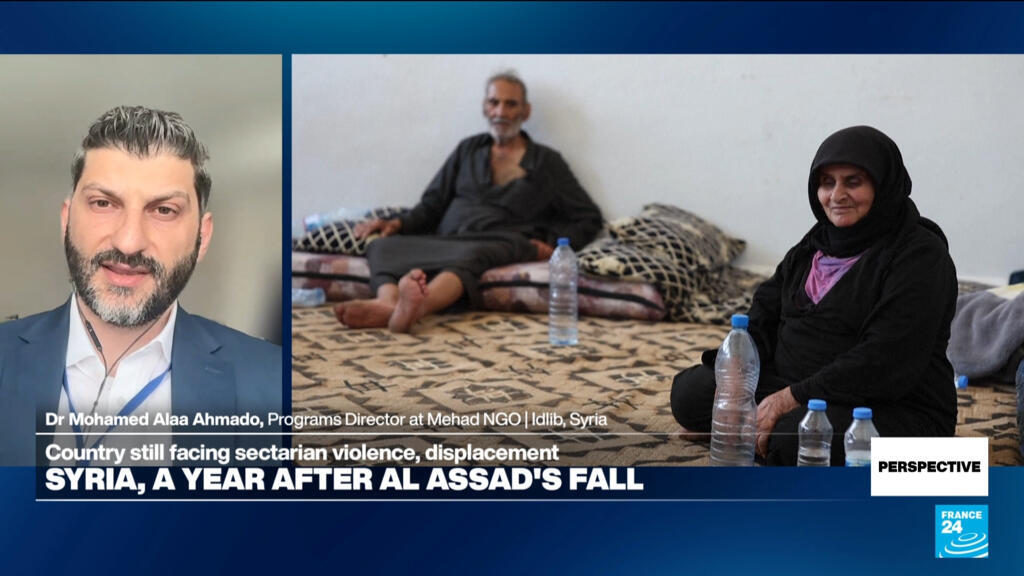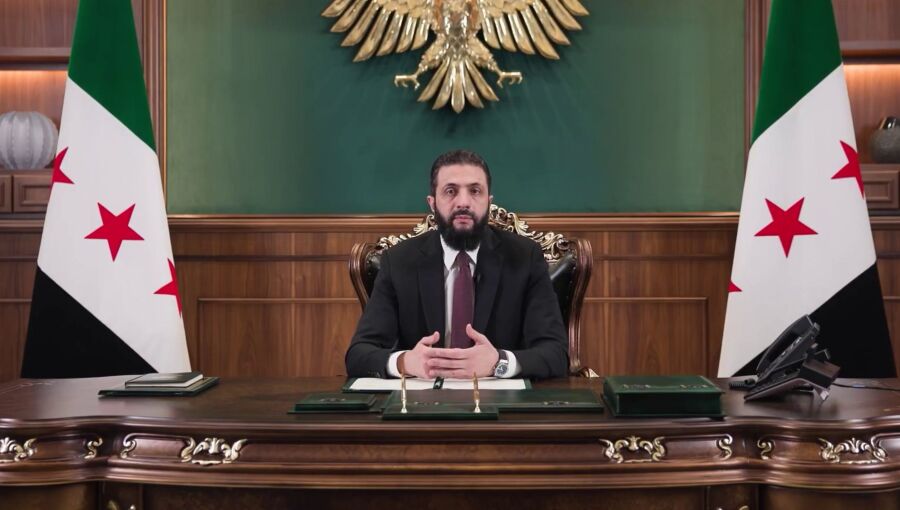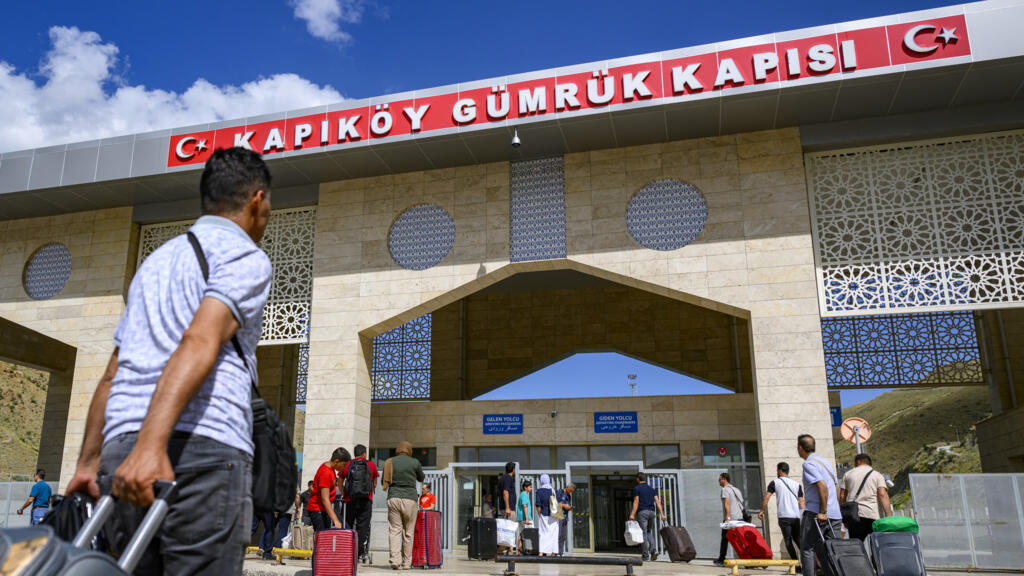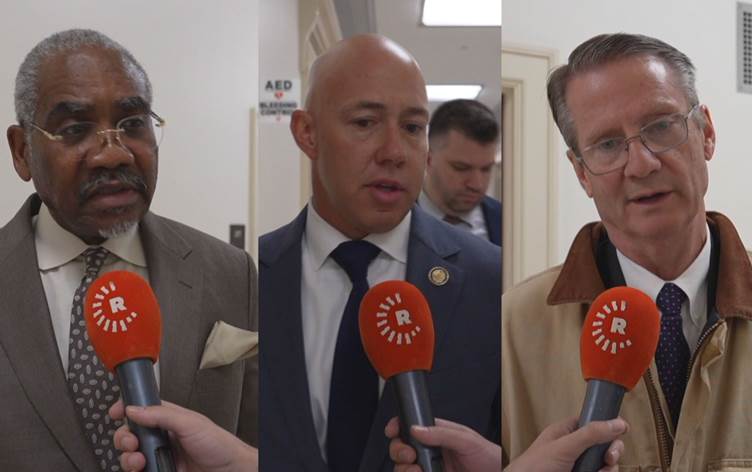Deir Ezzor (Syria) (AFP) – Syria's army deployed in formerly Kurdish-led areas in the country's east and north on Monday after a ceasefire announced a day earlier, as Syria's president and the Kurds' leader were set to hold talks.
Issued on: 19/01/2026 - RFI
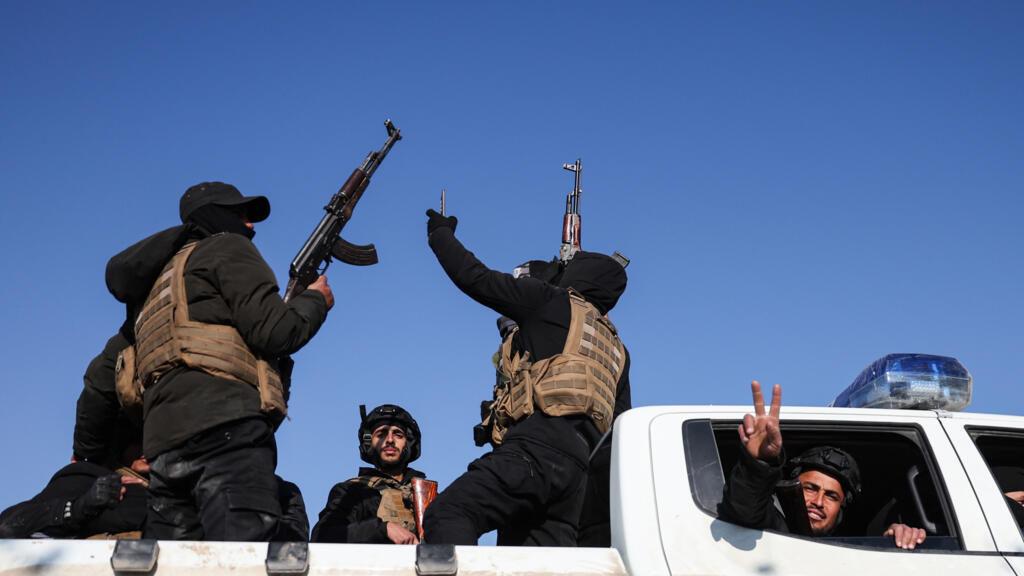
The leader of the Syrian Kurdish forces said Sunday he agreed to the deal with Damascus to avoid broader war, integrating the Kurds' administration and his fighters into the state after months of stalled negotiations.
Despite the deal, the government and the US-backed, Kurdish-led Syrian Democratic Forces (SDF) traded blame on Monday for fresh attacks that the military said killed three soldiers.
Syrian President Ahmed al-Sharaa announced the accord with SDF chief Mazloum Abdi following two days of rapid gains in Kurdish-controlled territory after the army pushed the SDF out of Aleppo city earlier this month.
Analysts said the deal marked a blow for the minority's long-held ambitions of preserving the de facto autonomy they had exercised in swathes of north and northeast Syria for over a decade.
In Deir Ezzor province in the country's east, an AFP correspondent saw dozens of military vehicles heading to the east of the Euphrates River, while trucks, cars and pedestrians lined up at a small bridge leading to the eastern bank.
Mohammed Khalil, a 50-year-old driver told AFP that he was overjoyed by the arrival of Syrian government forces.
"We hope things will be better than before. There was... no freedom" under the SDF, he said.
Teacher Safia Keddo, 49, said "we want children to return to school without fear, and for electricity, water, and bread to be re
'Protecting civilian lives'
The army said it "started the deployment" into Syria's north and east "to secure it under the agreement", adding that forces had reached the outskirts of Hasakeh city, whose province is the Kurds' stronghold.
The military did not say where its soldiers were killed but accused "terrorist groups" of seeking to disrupt the deal's implementation.
The SDF instead accused the government of launching attacks and reported "violent clashes" near a prison in Raqa that holds detainees from the Islamic State group.
The agreement includes the Kurdish administration's immediate handover of Arab-majority Deir Ezzor and Raqa provinces to the government, which will also take responsibility for IS prisoners and their families held in Kurdish-run jails and camps.
The SDF had seized swathes of the provinces as they expelled the jihadists during Syria's civil war with the support of an international coalition led by the United States.
An AFP correspondent in Raqa said security forces deployed in the main square, while a military convoy passed through the city as sporadic gunfire rang out.
Dozens of residents crossed the Euphrates in boats after two bridges were destroyed, while residents toppled a statue of a woman erected by Kurdish forces.
Raqa resident Khaled al-Afnan, 34, said "we support Kurdish civil rights... but we don't support them having a military role."
"This deal is important for protecting civilian lives," he told AFP.
'Serious doubts'
The SDF on Sunday withdrew from areas under its control in the eastern Deir Ezzor countryside, including the Al-Omar oil field, the country's largest, and the Tanak field.
Local fighters from tribes in the Arab-majority province sided with Damascus and seized the areas before the arrival of government forces.
Some Arab tribes were previously allied with the SDF, which included a significant Arab component.
An energy ministry official told state television on Monday that technical teams were heading to recently taken oil facilities to assess their condition.
The SDF's Abdi said Sunday he agreed to the deal to avoid civil war and end a conflict "imposed" on the Kurds.
Mutlu Civiroglu, a Washington-based analyst and expert on the Kurds, said the government's advance "raises serious doubts about the durability" of the ceasefire and a stalled March agreement between the government and the Kurds.
"Sharaa's confrontations with Kurdish forces, following earlier pressure on Alawite and Druze areas, reinforce doubts about the interim government's legitimacy and its ability to represent Syria's diverse population," he added.
Last year saw sectarian violence in the country's coastal Alawite heartland and in southern Syria's Druze-majority Sweida province.
Sharaa had on Friday issued a decree granting the Kurds official recognition, but the Kurds said it fell short of their expectations.
In Qamishli, the main Kurdish city in the country's northeast, activist Hevi Ahmed, 40, said Sunday's deal was "a disappointment after years of hope that the Syrian constitution might contain a better future for the Kurds."
© 2026 AFP


